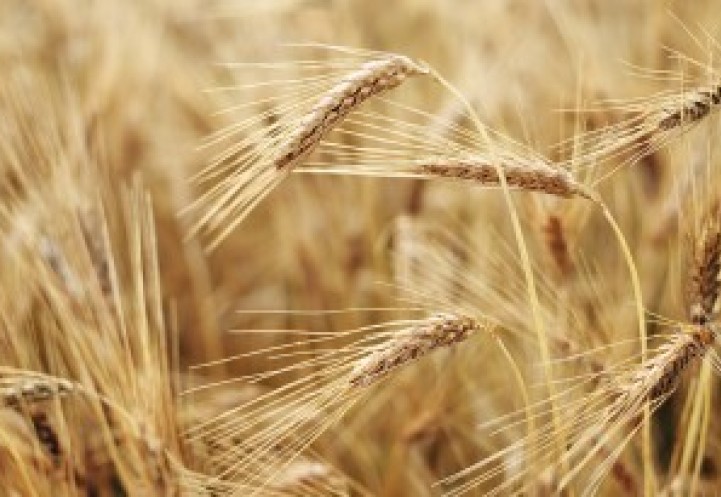SIPS Soil & Crop Sciences Section
Our mission is to generate and communicate knowledge about agroecosystems and their sustainable management in the face of accelerating global change. We achieve this by educating students for stewardship of agro-ecosystems, conducting scientific research on sustainable land management, and using our extension and outreach programs for the benefit of our stakeholders.
Many faculty conduct programs focusing on New York and the northeastern United States region, as well as in many countries around the world having temperate, sub-tropical and tropical environments. Learn more about the history of our section and the vision of our school.
Research Areas in Soil & Crop Sciences
Graduate and undergraduate training
Soil & Crop Sciences offers degrees and training opportunities at all stages of the educational pipeline
News from the SIPS Soil & Crop Sciences Section
Learn more about recent developments in our research, outreach, and education
News
Growing climate-smart crops is half the battle. Consumers need to understand sustainability claims and, more importantly, be willing to pay a premium for them.
News
As soil microbes break down plant residues, they produce a diverse set of molecules, but this diversity starts to fall after the initial phase of decomposition (roughly 32 days). Understanding how soils retain or emit carbon dioxide during this...
News
The New York State Energy Research and Development Authority has awarded the College of Agriculture and Life Sciences $5 million to build solar arrays at university farms in Ithaca and the Hudson Valley.
News
In a warming climate, extreme drought could trigger a dramatic release of carbon from peatlands, erasing up to 250 years of carbon stores in a matter of months.
News
The Cornell Atkinson Center for Sustainability and long-time collaborator Environmental Defense Fund announce their 2025 awardees for joint research and seek new proposals for 2026 initiatives.













